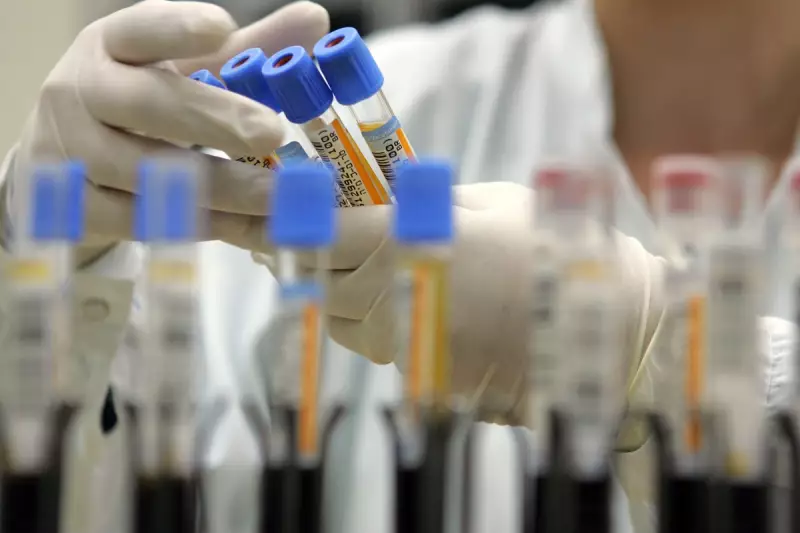
A revolutionary artificial intelligence system developed by British researchers could transform prostate cancer diagnosis, detecting the disease years earlier than current methods with near-perfect accuracy.
The Game-Changing Technology
Scientists at the University of Exeter have created an AI tool that analyses blood samples to identify prostate cancer biomarkers with 99% accuracy. This breakthrough means the disease could be identified long before symptoms develop, dramatically improving survival rates.
The system examines specific gene expressions in blood samples, looking for patterns that indicate the presence of prostate cancer. What makes this particularly remarkable is its ability to detect the disease at its earliest stages, when treatment is most effective.
Why This Matters for Men's Health
Prostate cancer remains the most common cancer in men across the United Kingdom, with approximately 52,000 new cases diagnosed each year. Current diagnostic methods, including the PSA blood test, often lead to unnecessary biopsies and can miss early-stage cancers.
"This could completely change how we approach prostate cancer screening," explained the lead researcher. "We're talking about identifying cancers that might not become symptomatic for another five to ten years."
Potential Impact on the NHS
The technology promises significant benefits for the National Health Service:
- Reduced waiting times for diagnosis
- Fewer unnecessary invasive procedures
- More targeted treatment plans
- Potential cost savings through early intervention
Researchers are now working towards making this technology available through NHS screening programmes, potentially within the next few years. The team is also exploring whether similar AI approaches could be developed for other types of cancer.
The Future of Cancer Detection
This development represents a major step forward in the use of artificial intelligence in healthcare. As the technology undergoes further testing and validation, it could establish new standards for cancer screening worldwide.
The research team emphasises that while more work is needed before widespread implementation, the results so far are exceptionally promising for the future of men's healthcare in Britain and beyond.





